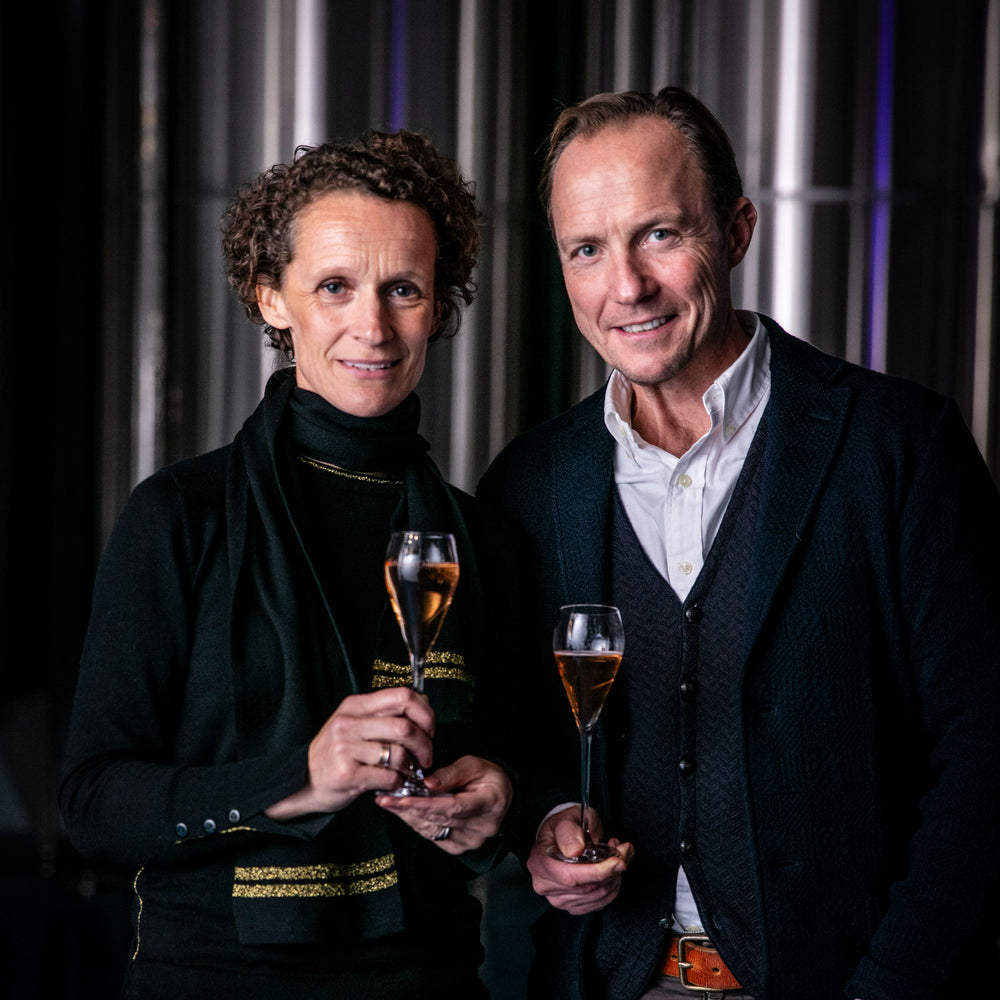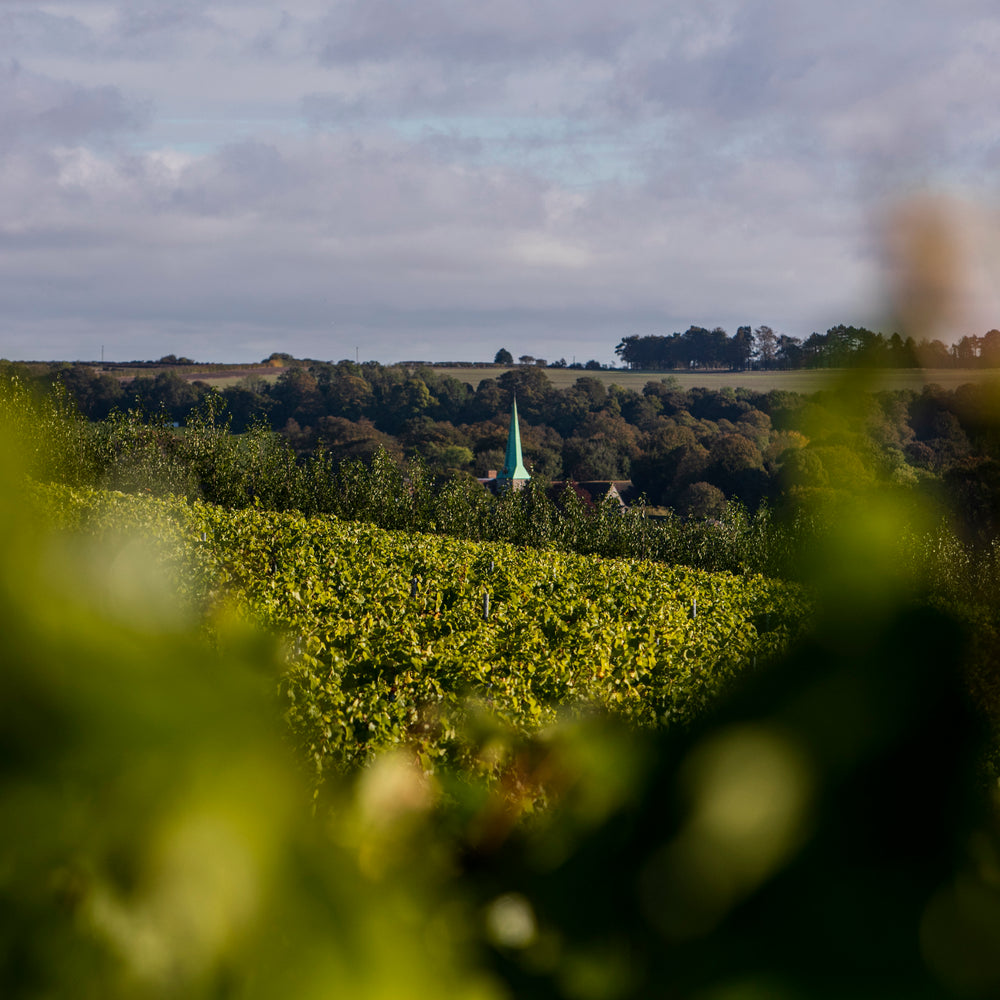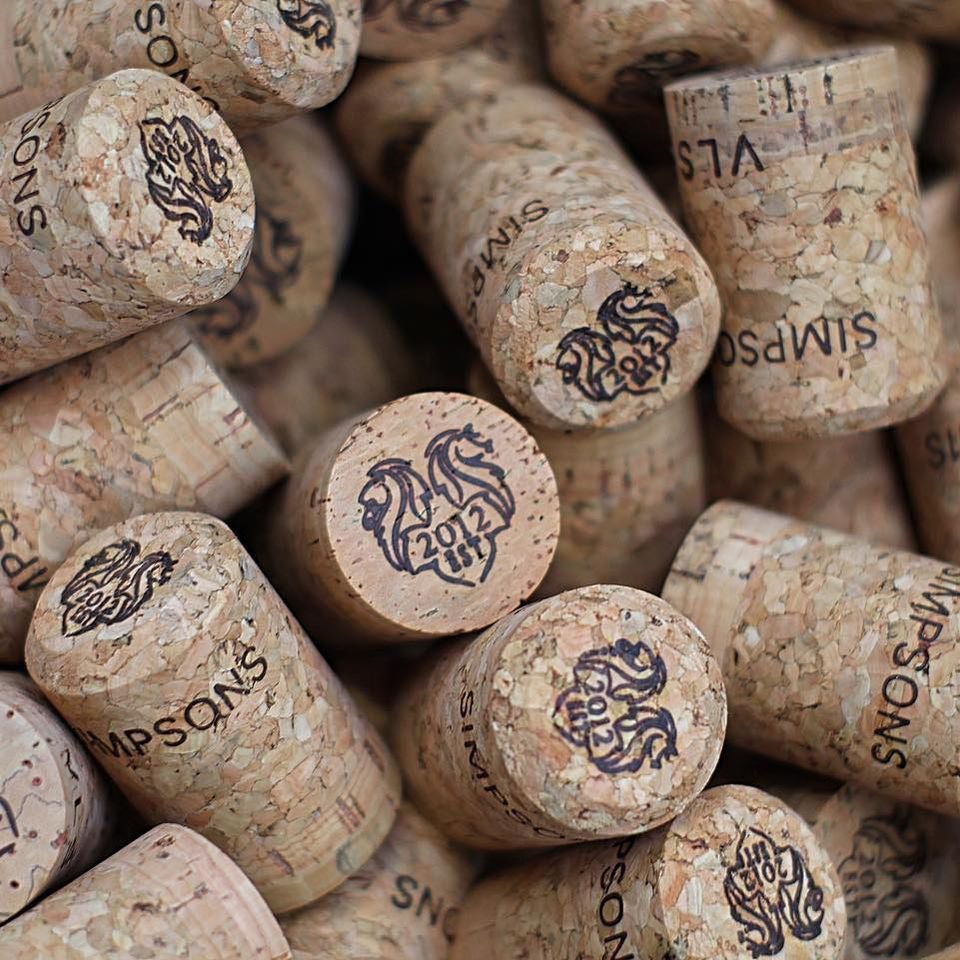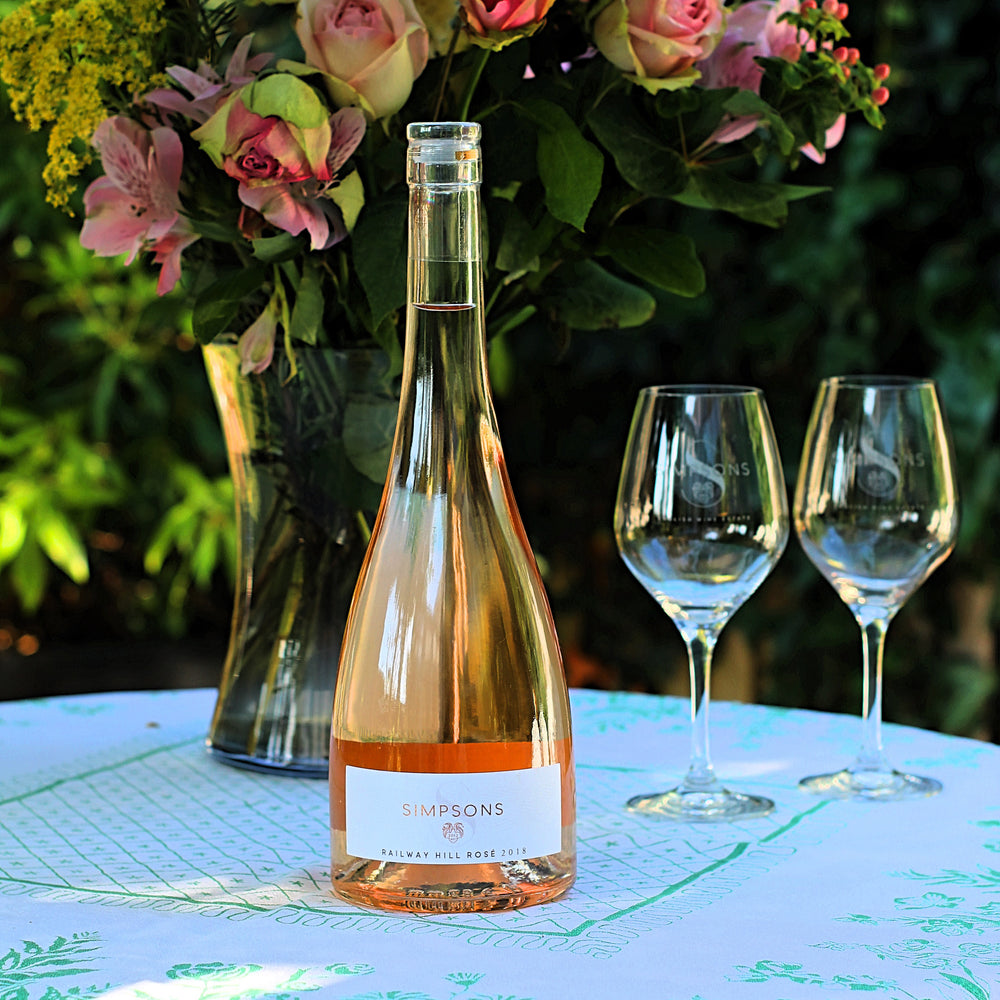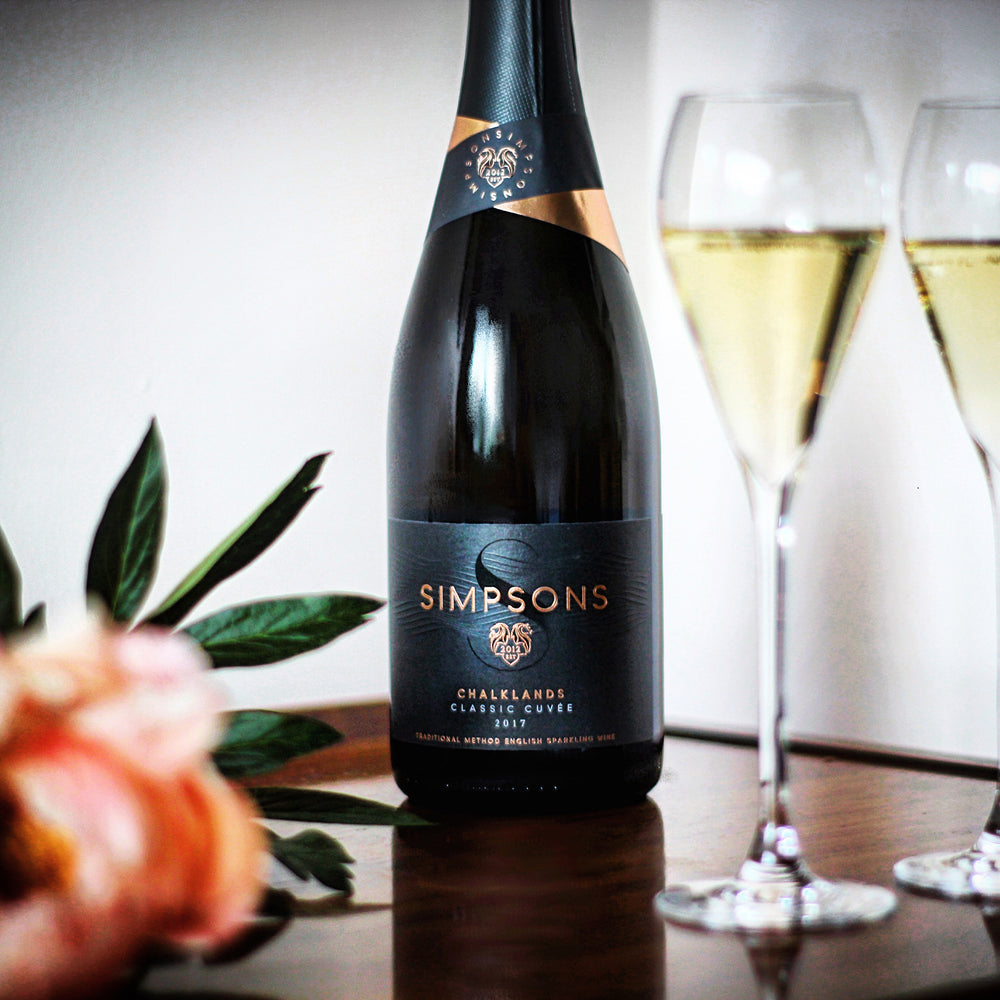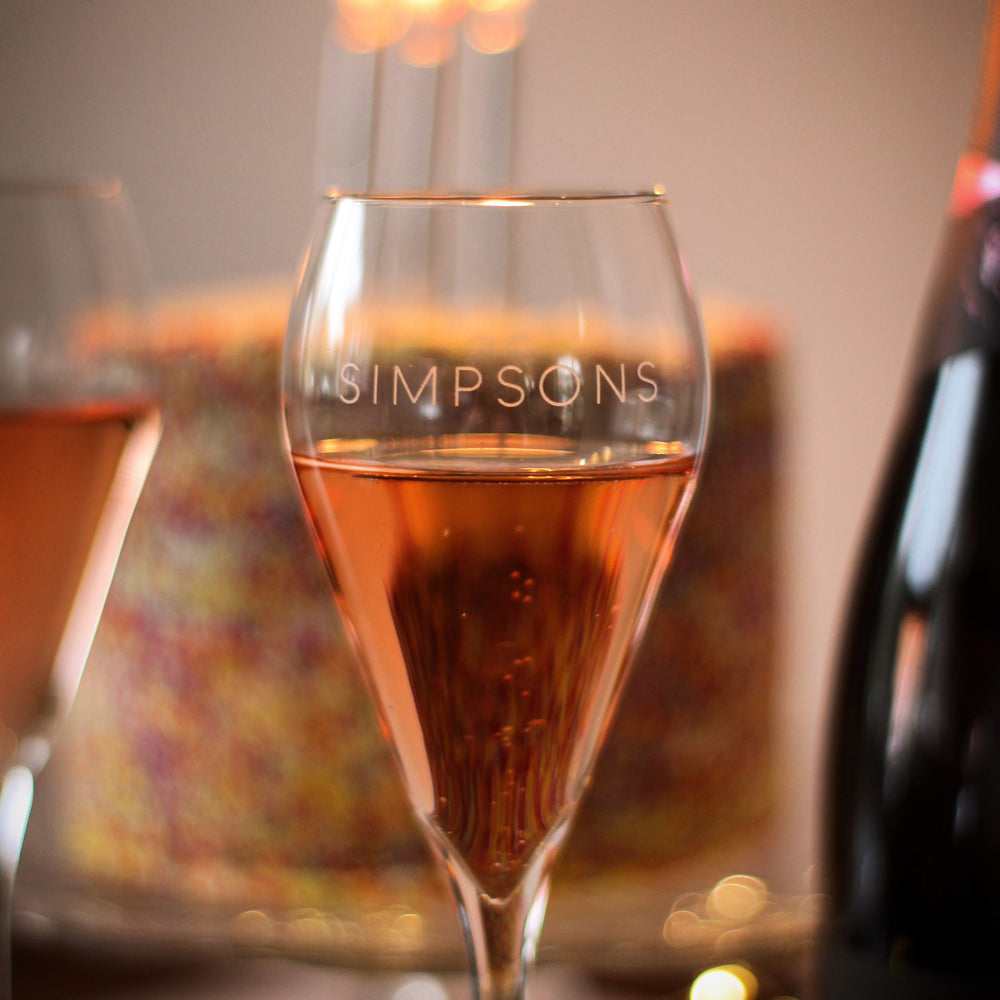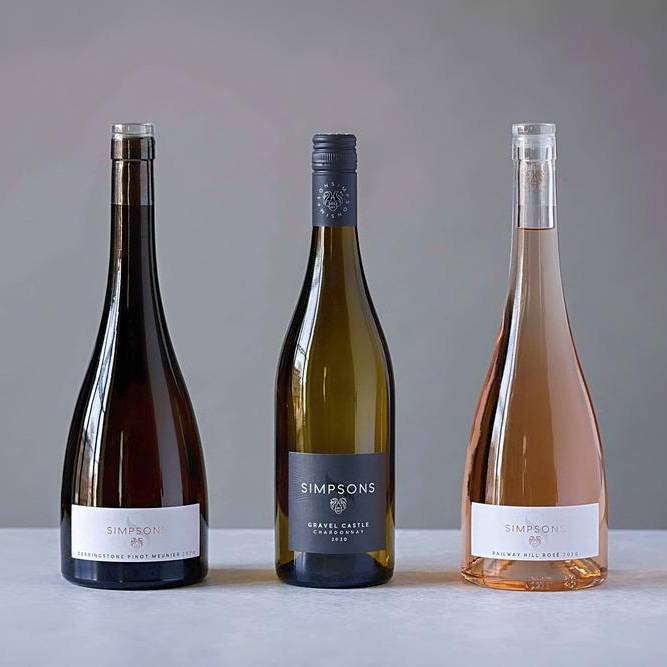Lots of news and a busy start to the year at Simpsons’ Wine Estate! We have new key member of staff about to join the team, a winery design underway and rootstock and clone selection completed for the next 10 hectares of vines that we will be planting in Spring 2016!
We are about to announce the appointment of our new Vineyard Manager, who will be starting with us in February/March! This is a key role that will cover the day-to-day management of the current vineyard, the planning and execution of the subsequent vineyard plantations in 2016/17 and oversight of the conversion of our agricultural buildings into a fully functioning winery! We are delighted that our first choice candidate has accepted the position and will be able to announce the appointment imminently!
The conversion of our agricultural buildings will be an expensive undertaking, hence we are about to submit an expression of interest letter to DEFRA who are offering grants of up to 40% of the capital costs for this type of project. The rationale is that they are prepared to fund agricultural projects that will generate and maintain jobs in rural communities and those that are value adding, converting what is a basic fruit crop into a more valuable secondary product, i.e. wine! It is an exciting, if daunting, project, but one which will be well worth the effort, when in 2016 we can bring our first grape harvest into our own facility and control the entire wine production process from the grape to the glass, as we have done at Domaine de Sainte Rose over the past 13 years!
We are also very excited about the prospect of planting another 10 hectares of vines in 2016! Our second, 20 hectare block is is situated on the South Barham Road where the Elham Valley narrows and we will be planting it in two tranches in 2016 and 2017. It is a very dramatic site with a south/south-easterly aspect and a slightly more pronounced slope than the existing Dover Road vineyard. It has the same high levels of active calcium carbonate, which means once again that our only choice of rootstock is 41B or Fercal. We have then selected a range of different clones for each variety, each of which will bring its’ own particular strength to our proposed range of wines. Our first plantation was made up of 50% Chardonnay, 30% Pinot Noir and 20% Pinot Meunier. This next tranche will be slightly different as we would like to increase the red grape percentage of our overall plantations, thus we will be planting 50% Pinot Noir, 30% Chardonnay and 20% Pinot Meunier.


